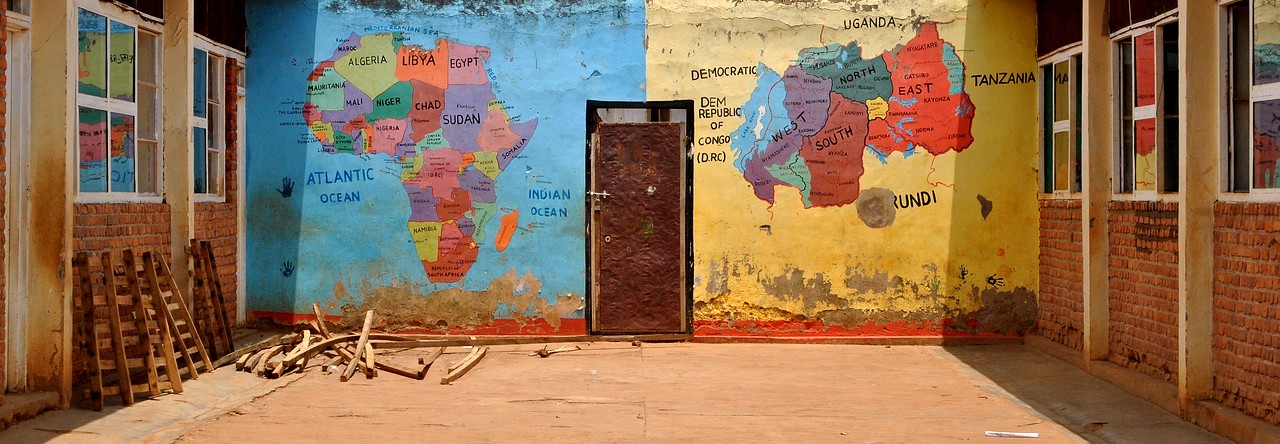– By Chinemerem from Nigeria
On that Christmas day, we had just woken up, because my older siblings and I had gone to the Vigil Mass. We were going to cook rice and the chicken was ready.
I came into the room to get my sister’s phone and I glanced at him; he lay on the bed. I moved closer to him and touched his feet.
“It is well, dad.”
He didn’t reply. But this was very normal, because he hadn’t spoken in many months. In the last 14 months, he hadn’t moved either. We talked and read to him; we knew that he understood us, he just couldn’t reply. He was sick. He had been sick for years, but somehow, it seemed worse during that fateful Christmas holiday.
As soon as I left the room, my brother sent me to a relative’s house. I had to go return their basket.
I don’t remember how long I spent in my relative’s house, but by the time I came back home, a strange silence hung around the house. I didn’t want to go inside, so I stood outside and peered through the window.
A priest was bent over my father, whispering prayers and anointing his forehead with oil. This was it. He was giving my father the last sacrament – the Sacrament of Extreme Unction.
Yes, my father was going to die.
The priest put the eucharistic bread in his mouth. I saw him start chewing it with difficulty, and I saw him stop. His jaws stopped like something that was paused. His eyes suddenly went blank, and his legs gave a resigned shudder. He was dead.
I didn’t know what to do. It felt like the world itself had suddenly stopped. It was at that point that I realized that it wasn’t just the priest who was on that bedside. My mum, my older siblings and my uncle were there too. A few other close relatives were at the door.
Some had started screaming. Some wailed on the floor. I saw a man pull off his shoes and sit on the floor, a pained look on his face.
I saw my brother reach out, and slide my father’s eyes shut. I expected him to suddenly open them, and tell us that he was just joking, that he was just playing. But he didn’t.
I didn’t cry. My siblings and mum didn’t either. In my mum’s face, I could see resignation. It was as if crying was the last thing on her mind. Perhaps this was because she had cried enough. We had all cried enough all through the years he was sick and we cared for him.
There were days we would see my mum with a puffy face and eyes pure scarlet; she was obviously crying, but we never talked about it. We all had moments when we were so overwhelmed by his illness that we just cried. So now, the tears weren’t forthcoming.
Only a few hours ago, the house had been merry, with the carols my sister was singing in her horrible voice, the Christmas trees my brother had set up, and the talk of the food. The harmattan air had been so cold and dry, so pleasant on the skin.
But at that moment, while other families celebrated Christmas, taboo words could be heard in my own house. Words like ‘ambulance, embalming, coffin, burial, condolence, and death’.
The air suddenly felt hostile. I could hear relatives in the next house (they obviously weren’t aware that someone had just died, yet) and their laughter sent pangs of anguish down my veins. What could be so funny, when my father lies here, dead?
It’s been seven years since that day, but I can’t remember which memory gets me more emotional – the innocent look on my little brother’s face when he asked, “Why are people crying?” or the sight of my father’s lifeless body being put in an ambulance.

